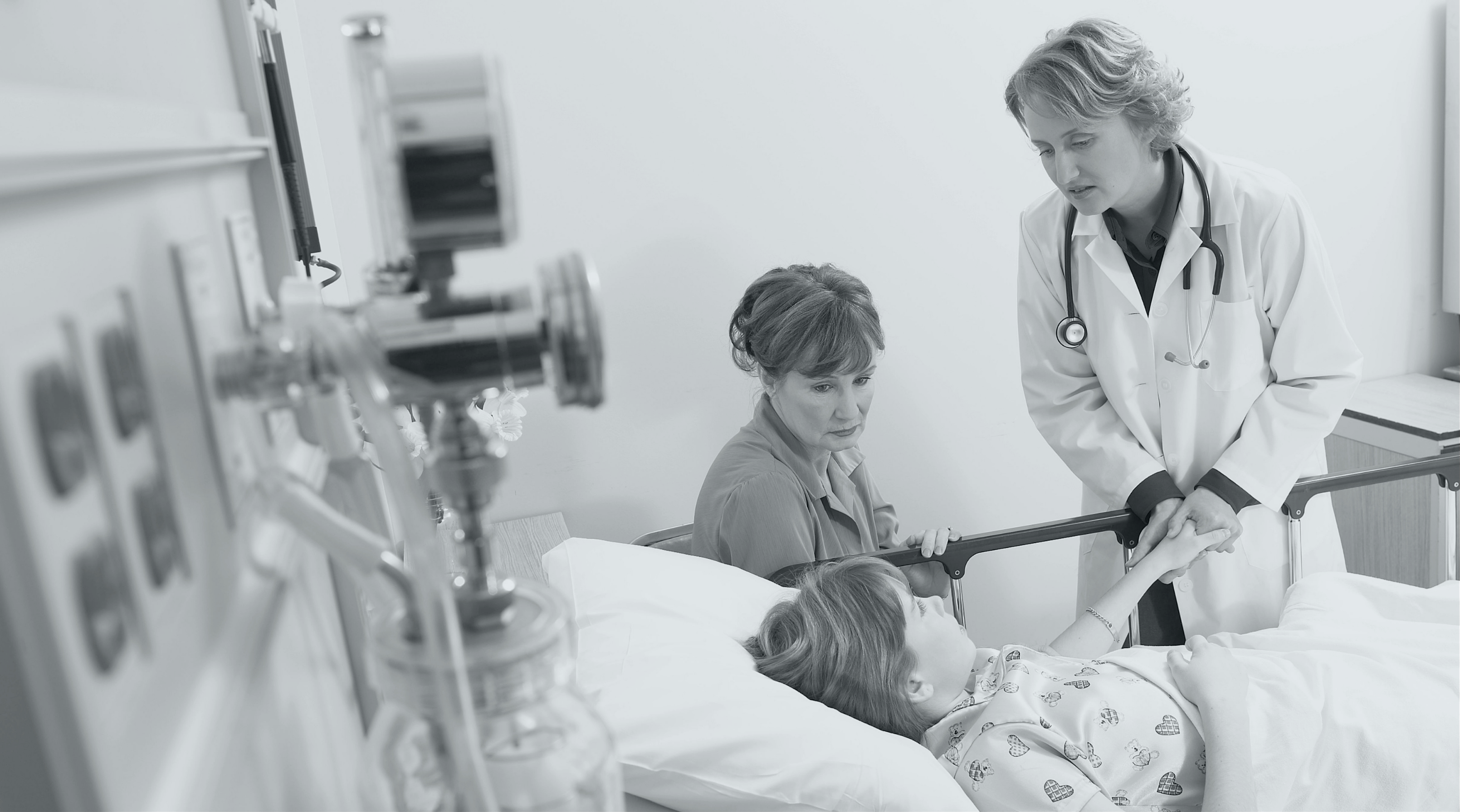When I was caring for my daughter Cameron during the progression of her life-limiting disease, I was purely a consumer of medical care. I never thought about what the experience was like for her care providers or what sort of training or education any of them had received. Maybe this is true for you as well. In the past 14 years, however, I have widened my area of interest to include the professional world that cares for our children. And what I have heard and learned in just the past week alone has been so very encouraging and inspiring. And because it affects all of us with seriously ill children, I share it with you here now so that you might see too the hope and promise, the Body and Soul. And so that you might see what you can do, should you feel so inclined.
At a conference for palliative care research, I saw presentations from: a doctor focused on reducing pain and anxiety in children with cancer through use of a mobile app; a nurse researching the unmet needs of parents in the NICU; a psychologist developing a program to improve communication about pain and symptoms between parents and their sick children in the home setting; an oncologist designing a screening tool to identify pediatric cancer families at risk for poverty-related negative outcomes; a doctor focused on improving communications between parents and physicians, from the point of diagnosis through end-of-life; and a doctor developing a program to better train a multidisciplinary team of providers to collaborate and communicate amongst themselves to improve the outcomes for children and families. Such important and relevant work and such dedicated individuals doing it.
At the American Academy of Pediatrics annual conference, I heard professionals in the Section on Hospice and Palliative Medicine give talks on: the impact that palliative care is having on patients and doctors in a pediatric cardiology unit at a major children’s hospital; on tracking opioid use in children with chronic complex pain; and on launching a hospital-based pediatric palliative care program from scratch. I presented Courageous Parents Network to this group and in the question period following, doctors expressed the importance of parents speaking up for palliative care support in the hospitals and communities where their children are being cared for. Again, such important and relevant work and such dedicated individuals doing it.
At Massachusetts General Hospital for Children, I presented Courageous Parents Network to the Unit Chiefs (nursing, social work, surgery, orthopedics, emergency, high-risk etc etc) and received a warm response to my request that they share CPN with their teams, to share with the families they care for, and use the parent videos to enrich their training and professional development programs for residents, fellows and staff.
And at a conference for pediatric neurologists from around the world, hosted by Massachusetts General Hospital for Children, palliative care specialist Dr. Pat O’Malley and I presented some of the CPN family videos to prompt reflection about the transformative role that palliative care has in the care of children with serious neurological conditions. It was the end of a long day with a lot of PowerPoint slides for these guys, and they were relieved to watch our engaging videos. They were also particularly riveted by the parent perspective on the balance between hope-for-a-miracle and acceptance. Dr. O’Malley and I were struck again by how our the medical community as a whole still hesitates to consider palliative care a partner from the outset of a difficult diagnosis. Dr. O’Malley told a parent afterwards, “I believe that your voice, and the voices of other families, will bring about a tipping point.”
Again, this refrain about the importance of parents raising their hands and voices to ask for supportive care that extends beyond the child’s medical condition.
After this rich, inspiring week I take with me these two points:
#1: There exists (thankfully) a growing army of talented doctors, nurses, social workers, and psychologists committed to improving the lives of children with chronic serious conditions and their families. Many of these people identify as palliative care providers. Many do not but understand that they provide palliative care in their practice. Many more should. Palliative care is moral care. Seriously ill children and their families deserve it. Our health care system should support it.
Which brings me to Take-away #2: Parents and children are actually the most influential player in our quest to improve the lives of seriously ill children. Certainly and absolutely, we need providers doing the research, building the programs, delivering the care, showing the data, making the case, educating their colleagues. But we especially need parents asking for the care, expressing appreciation and satisfaction when they receive it, expressing deep dissatisfaction when they don’t. Hospital, hospice and government policy makers and administrators cannot ignore their customer: the patient and the patient’s family. As patient/family satisfaction becomes a priority metric by which organizations are measured, the Parent/Patient voice will rise to the top. Which is precisely as it should be. Because at the end of the day, when we rest and reflect, it is really all about the Children. How did we do by the children—and by extension their families—today.
